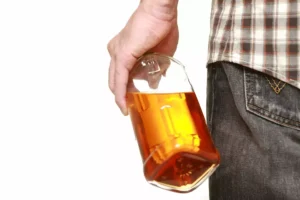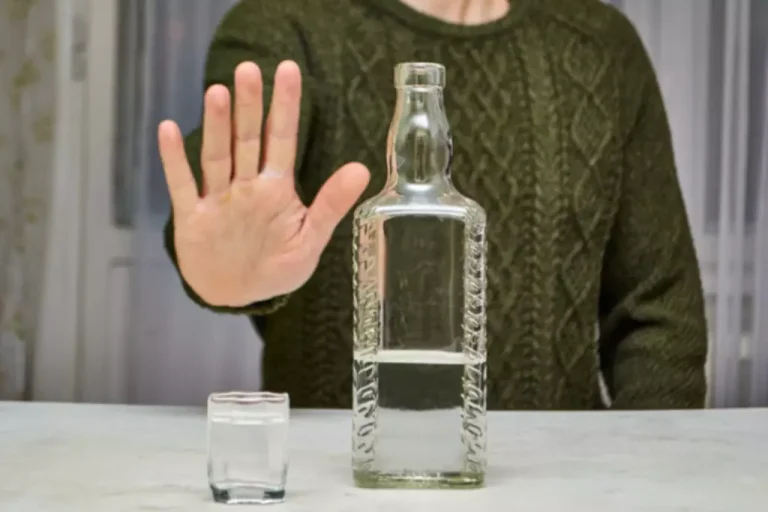That translates to about four or more drinks for an adult female or five or more drinks for an adult male. For example, a 2018 meta-analysis found a significant increase in alcohol use and binge drinking over the past 10–15 years, but not among all demographics. It was middle-aged and older adults who showed the most substantial increase in binge drinking. That increase may be contributing to the increasing rates of alcohol-related illnesses and death. The chances are especially high for people who drink heavily during their teen years. Teenage binge drinkers are about three times more likely to develop alcohol use disorder.
What Are the Consequences and Health Effects of Binge Drinking?
If you’re having a hard time shifting your focus from internal to external, consider the quality of your inner self-talk. Are you beating yourself up for a mistake you made earlier? Dissect and challenge those worries with more realistic thoughts. The truth is other people are usually far less focused on you than you believe. You might arrive at a friend’s party in an upbeat and energized mood, but by the end of the night, you’re feeling sick and regretting your decisions.
Alcohol use: Weighing risks and benefits
However, binge drinking can have serious consequences and any unhealthy patterns of alcohol use can lead to more serious problems. Long term binge drinking can increase the risk of alcohol use disorder, certain cancers, heart disease, and mental health disorders. While binge drinking involves consuming a lot of alcohol over a short period of time, alcoholism is a physical and psychological dependence on alcohol that means you’re unable to function without drinking. Only about 10 percent of people who binge drink struggle with a dependence on alcohol. However, the more frequently you binge drink, the more at risk you are of developing an alcohol abuse problem. As far as long-term effects, binge drinking can also lead to internal damage, especially if you’re regularly engaging in binge drinking episodes.
- Only about 10 percent of people who binge drink struggle with a dependence on alcohol.
- Therefore, drinking more water won’t necessarily protect you from a hangover the next day.
- They also help fend off inflammation and support healthy metabolism.
- The 37 million binge drinkers had about one binge per week and consumed an average of seven drinks per episode.
- “Some people think of the effects of alcohol as only something to be worried about if you’re living with alcohol use disorder, which was formerly called alcoholism,” Dr. Sengupta says.
- In 2005, it was estimated that 26,000 deaths were prevented in the U.S. due to reductions in ischemic heart disease, diabetes and ischemic stroke because of benefits attributed to moderate alcohol consumption 6.
How to Stop Self-Medicating Depression, Anxiety, and Stress
Given the potentially devastating consequence of FASD, women who are pregnant, attempting to conceive, or at risk for unintended pregnancy should be screened for alcohol use. The women should also be advised against consuming any amount of alcohol, as no “safe dose” has been identified, and effects to the fetus may begin as early as immediately after implantation 2, 62. Furthermore, ART should not be provided for women who are unwilling or unable to minimize their consumption of alcohol https://ecosoberhouse.com/article/10-celebrities-who-died-because-of-alcoholism/ 63. Women are more likely to abuse alcohol if they are unsuccessful in conceiving after initial infertility evaluation, so continued screening for alcohol use should be performed throughout treatment 64. Those women who do undergo ART should be advised to minimize their alcohol consumption prior to initiating treatment, as even moderate amounts of alcohol may decrease their chances of a successful live birth. While a moderate level of drinking does not appear to alter outcomes in men, male partners should be advised to at least avoid alcohol the week before they provide a semen sample for IVF.
- Heavy drinking also may result in alcohol withdrawal symptoms.
- More research needs to be done on people, but the effects of long-term heavy alcohol use are already well-known.
- However, this study did not further stratify alcohol usage by amount, and therefore it is difficult to extrapolate this data to form any recommendations.
Prevalence of alcohol use and abuse
Theories suggest that for certain people drinking has a different and stronger impact that can lead to alcohol use disorder. If you feel that you sometimes drink too much alcohol, or your drinking is causing problems, or if your family is concerned about your drinking, talk with your health care provider. Other binge drinking effects ways to get help include talking with a mental health professional or seeking help from a support group such as Alcoholics Anonymous or a similar type of self-help group. If your pattern of drinking results in repeated significant distress and problems functioning in your daily life, you likely have alcohol use disorder. However, even a mild disorder can escalate and lead to serious problems, so early treatment is important. Even drinking a little too much (binge drinking) on occasion can set off a chain reaction that affects your well-being.
- Saying something like, “Well, that’s my one drink for the night,” might help your loved one remember their own limit.
- Knowing your personal risk based on your habits can help you make the best decision for you.
- Here’s a look at how all that alcohol is impacting the health of Americans over both the short and long term.
- Simply explain why you’re concerned about their binge drinking.
- Binge drinking has many effects on your body, both over the short and long term.
And drinking raises the risk of problems in the digestive system. Drinking alcohol is a health risk regardless of the amount. For more education on how to assess your—or a family member’s—drinking habits, visit the NIAAA Healthcare Professional’s Core Resource on Alcohol. “Older drinkers might be retired, live alone, and socialize less.
However, binge drinking can increase your risk of developing alcohol use disorder. How quickly a person’s body absorbs alcohol may depend on their sex, age, and body size. But it typically takes four or more standard drinks for women and five or more standard drinks for men to reach a BAC of 0.08% during a 2-hour binge drinking period. Studies show that binge drinking can affect your working memory, which is your ability to store short-term information and keep track of what you’re doing. Drinking in excess can also lead to alcohol-induced “blackouts.” This is when your brain fails to move information from short-term to long-term storage, resulting in fragmented memories or difficulty recalling events. Understanding the effects of binge drinking can increase your motivation to cut back on how much alcohol you consume in one sitting.
Associated Data
More research shows that even a single episode of binge drinking can have serious effects on all parts of your body, not just your brain. Knowing your limits, including what number of drinks qualifies as binge drinking, is an excellent first step in preventing future binge drinking episodes. Drinking alcohol three days in a row is not good for you, but it’s not necessarily considered binge drinking either. Whether it’s considered binge drinking will depend on how much alcohol you consume each day and over a week or month. What many people might think of as a fun night out on the town can be very risky — or in some cases, life-threatening, Dr. Streem notes. More than half of all drinking-related deaths are caused by binge drinking.
Alcohol Use and Your Health
Large amounts of alcohol consumed over a long period of time can negatively impact the parts of your brain that deal with judgment, balance and coordination. Binge drinking can lead to several short-term and long-term effects. Someone who binge drinks may experience impaired judgment, nausea, vomiting, and even unconsciousness.
 المجلس العلمي المحلي وجدة بسم الله مجراها ومرساها
المجلس العلمي المحلي وجدة بسم الله مجراها ومرساها 






